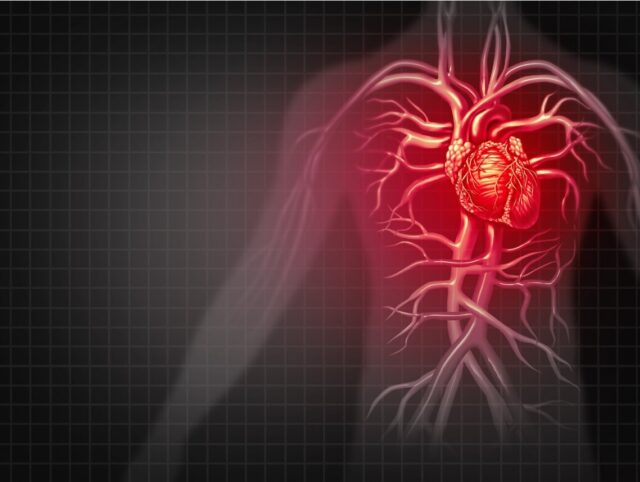Heart attacks and other cardiovascular disorders remain a serious public health problem across the world. We’ve been told time and time again that we need to adopt lifestyle adjustments in order to stay healthy. This is primarily to prevent lifestyle disorders, which, if not addressed promptly, can progress to fatal cardiovascular illnesses (CVDs). Cardiovascular illnesses are the biggest cause of mortality worldwide, according to the World Health Organization. As a result, it’s critical to understand everything you can about these stealthy health disorders that can catch you off guard at any time. Take safeguards as well before it’s too late.
High Blood Pressure (HBP)
The Centers for Disease Control and Prevention (CDC) described high blood pressure as a “silent killer” and a key risk factor for heart disease. It is known as a silent killer because it normally causes no symptoms but is capable of affecting important organs such as the kidneys and the brain. While some lifestyle adjustments might help you manage your blood pressure, the only way to determine whether you have high blood pressure is to take a blood pressure reading.
Diabetes
Diabetes is one of the most serious lifestyle diseases because the body stops producing enough insulin. Even if you keep your blood sugar under control, diabetes can put your life at risk for heart disease and stroke. “High blood sugar can harm blood vessels and the nerves that regulate your heart over time,” according to the CDC. Furthermore, according to the US health ministry, diabetics are more likely to have other problems such as high blood pressure and poor cholesterol, which raises the risk of heart disease.
Obesity
It is a disorder characterized by excessive body fat. Obesity has also been related to high blood pressure, which is notorious for being a silent killer. As a result, it’s critical to maintain a healthy weight according to your BMI (BMI).
Cholesterol levels
Cholesterol levels have been related to coronary heart disease, and as your cholesterol level rises, so does your chance of CHD. According to the CDC, high cholesterol normally has no symptoms, and the only way to find out whether your cholesterol levels are out of whack is to have a routine check.







